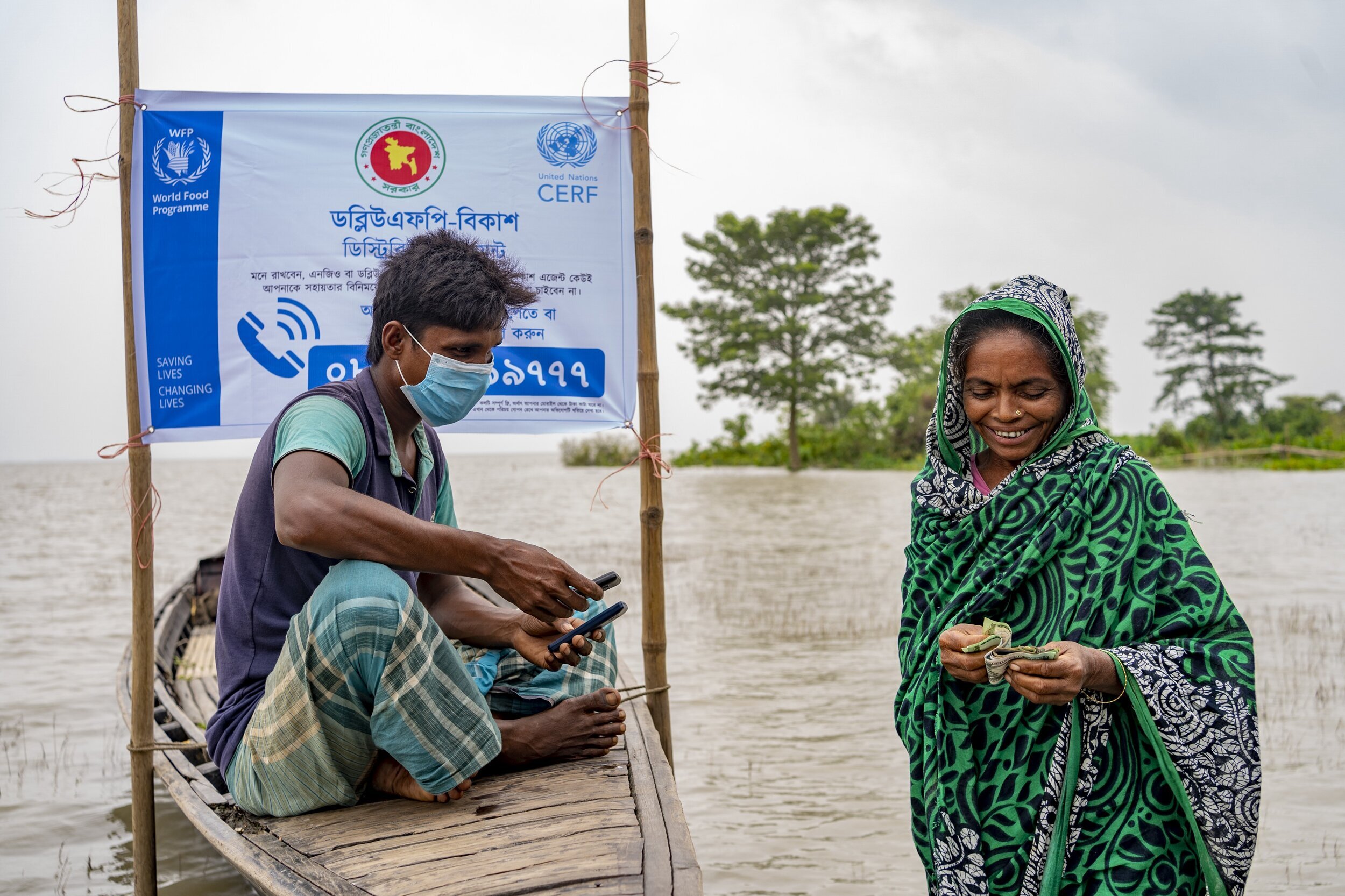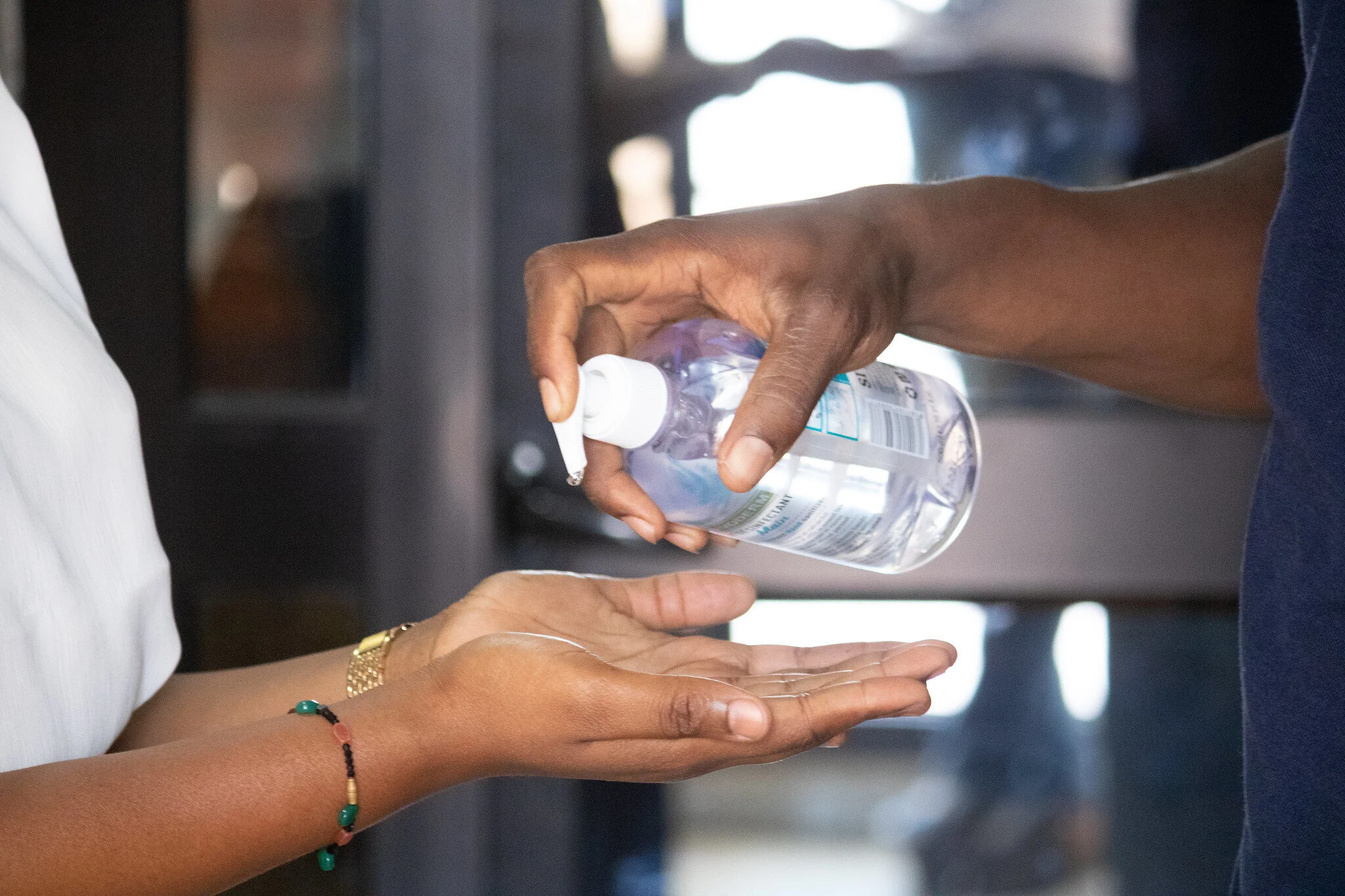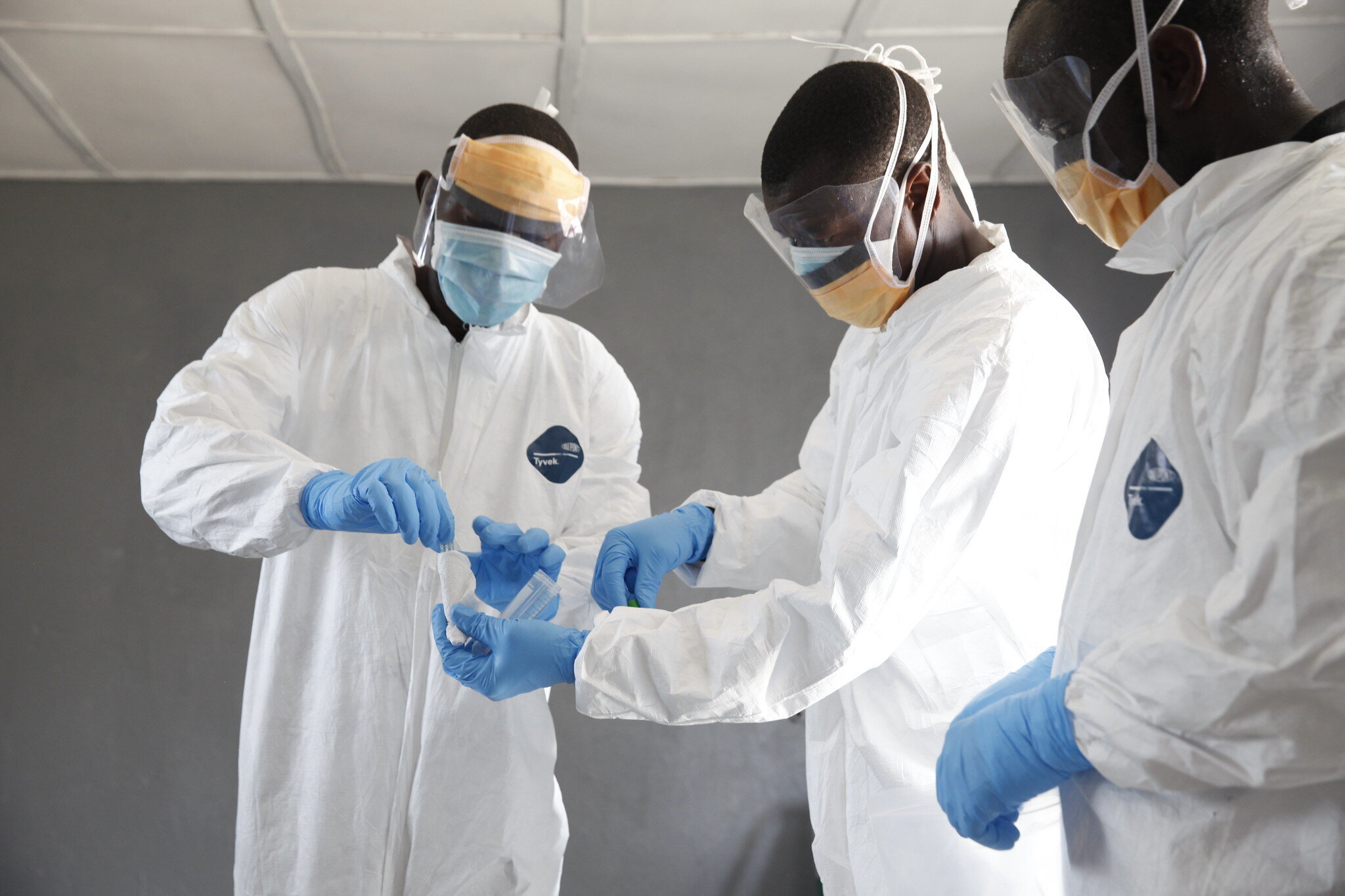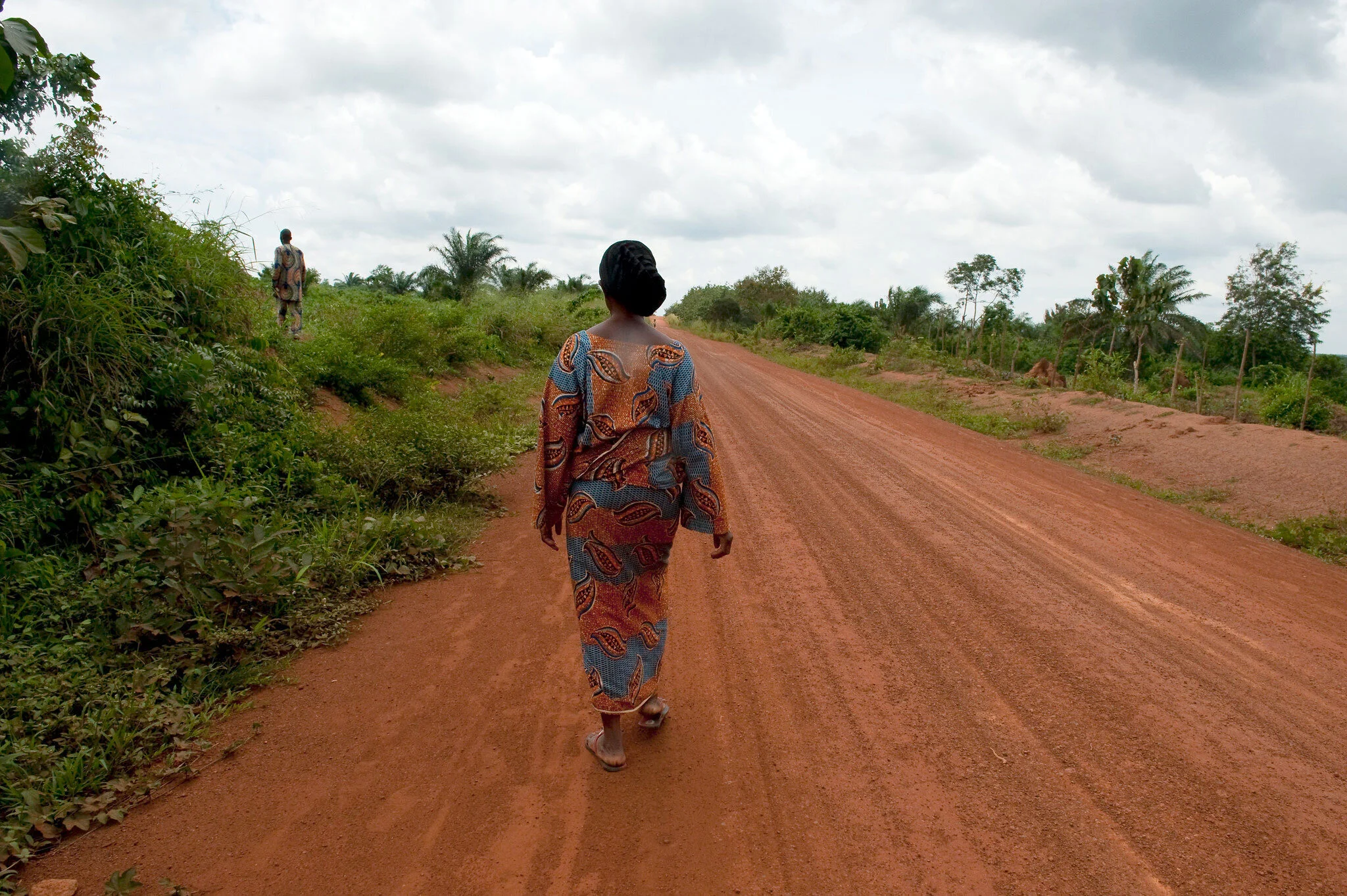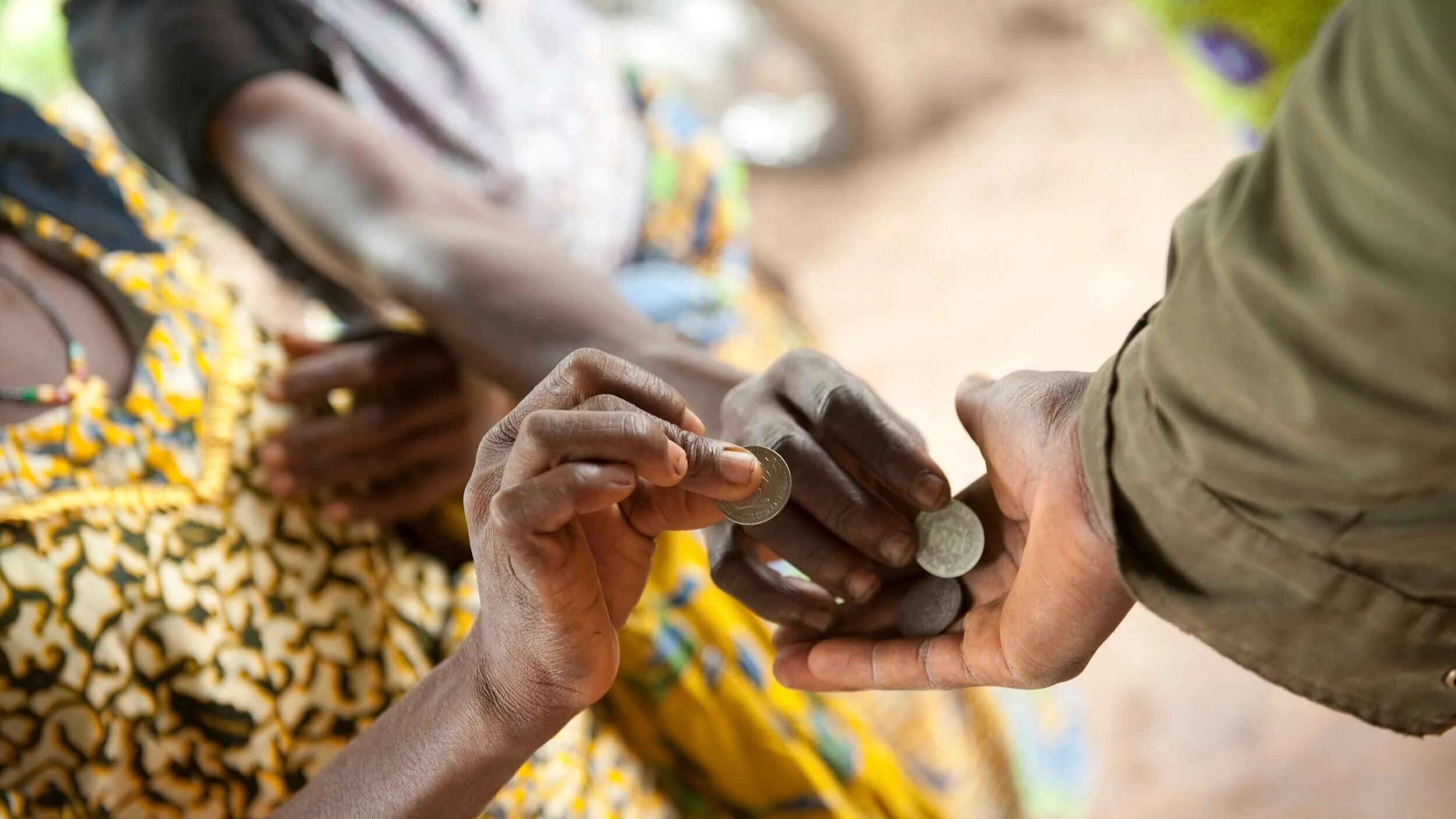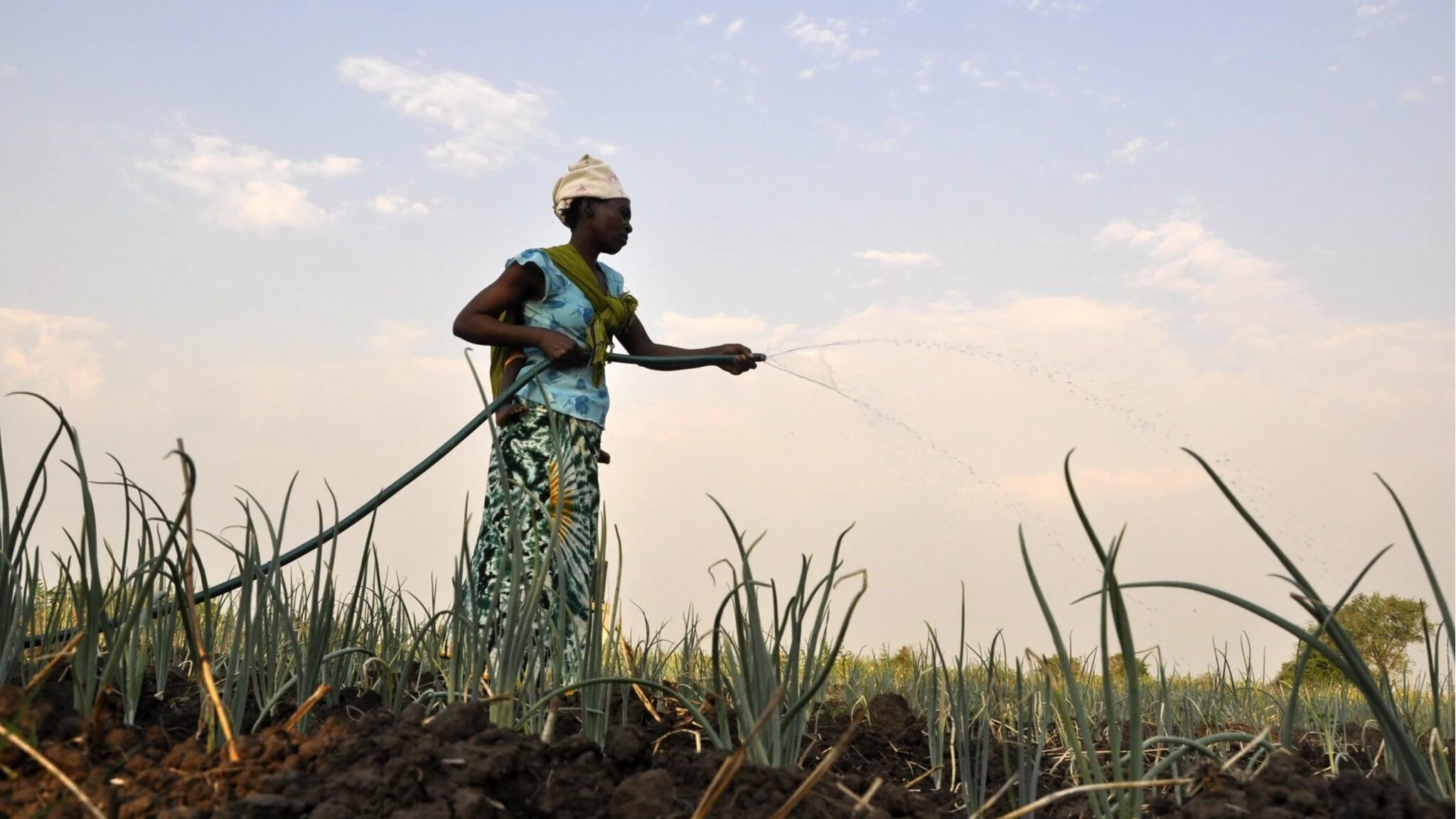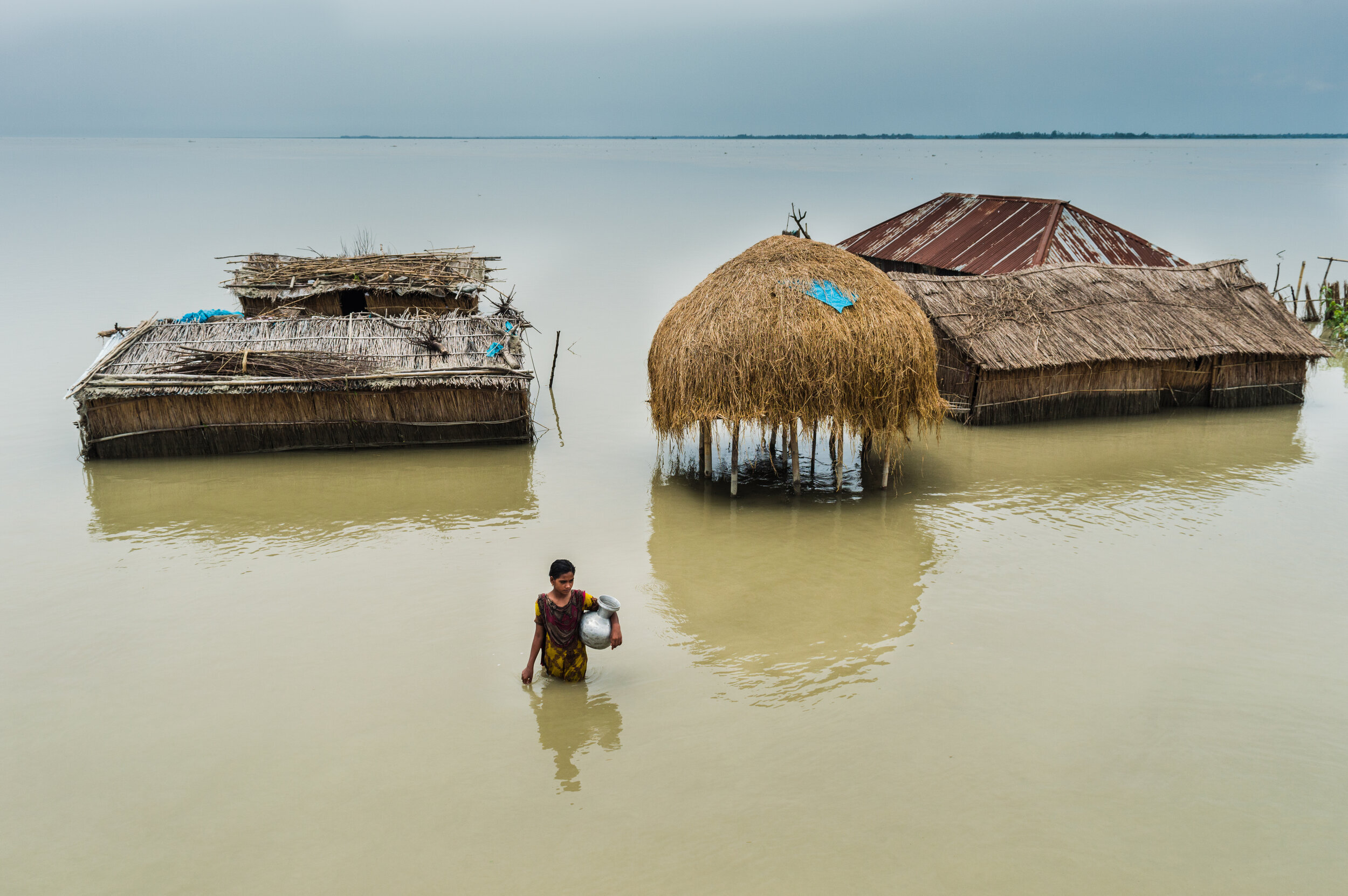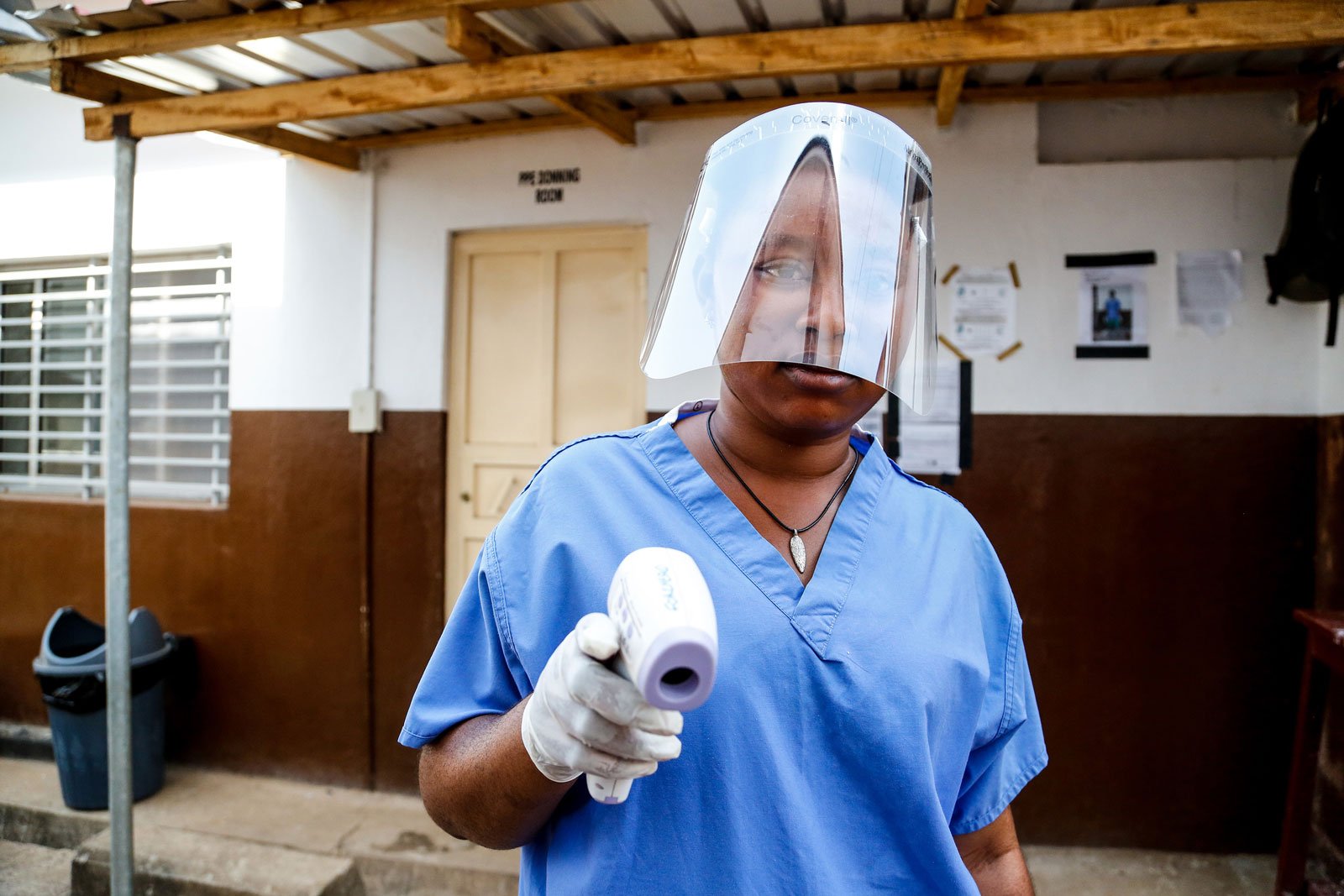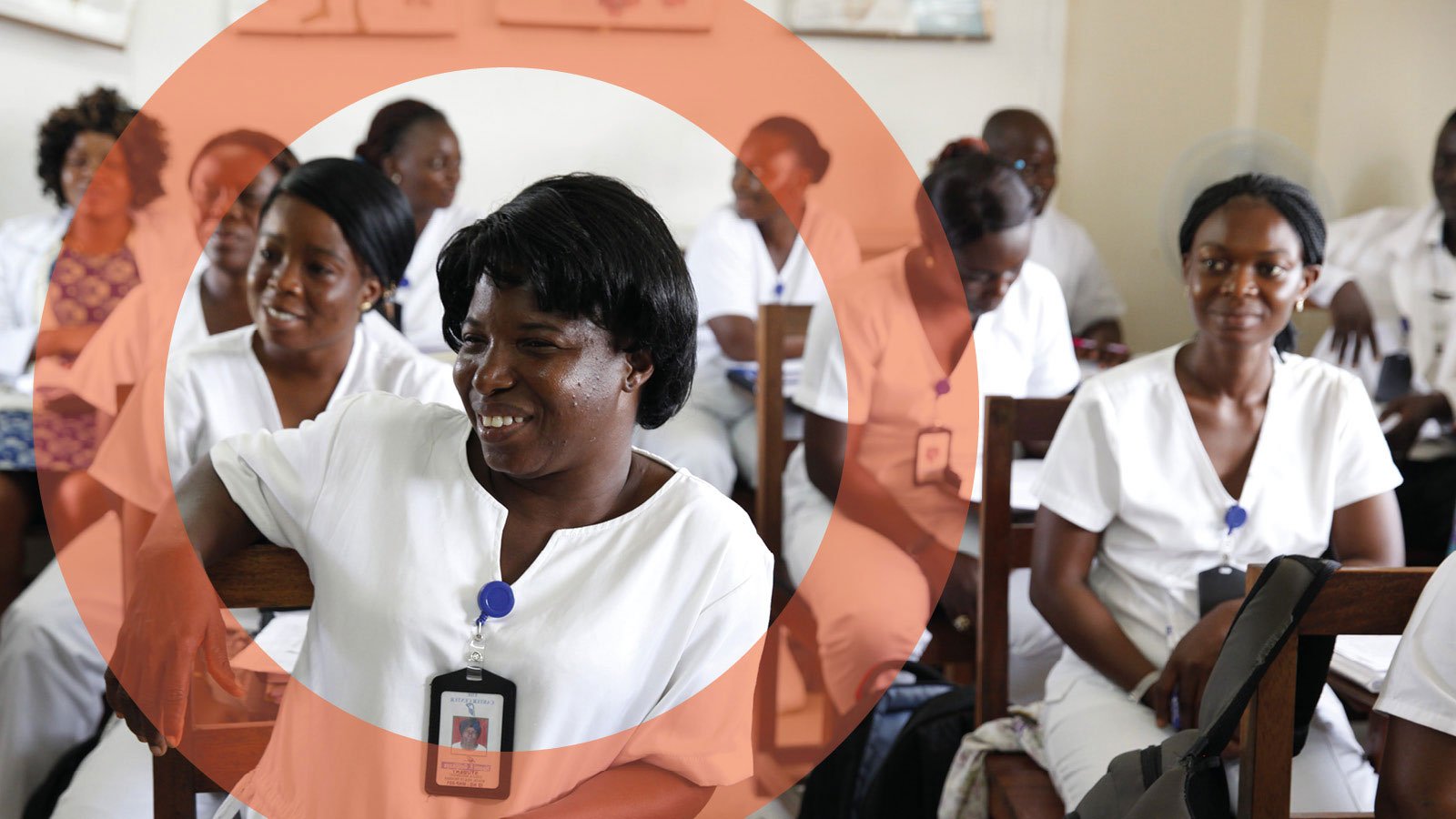
BLOGS
Joint Statement calling for G7 action on disaster risk finance
Alongside this report, the Centre is releasing a Statement of Support signed by over 40 leaders from across the across the development, humanitarian and private sectors endorsing the Crisis Lookout coalition's three asks of the G7 ahead of the Leader’s summit in Cornwall in June: Predict crises better; Prepare response better; Protect vulnerable people better.
Centre launches ‘G7 Solutions Paper’ as Crisis Lookout coalition gathers to explore lessons of Covid-19
Ahead of a meeting of G7 Foreign and Development ministers next month, the Centre for Disaster Protection convened leaders from across the Crisis Lookout coalition to explore the international financial response to covid-19 and what lessons it held for world leaders as they prepare to ‘Build Back Better’ from the crisis. The event was also an opportunity for the Centre to launch its new paper: Predict and Protect: G7 solutions for a new approach to crisis risk financing, setting out detailed and practical proposals for how the G7 could better protect vulnerable communities by better predicting and preparing for disasters.
Tracking covid-19 – new research reveals flaws in crisis financing
For the past year, the Centre has tracked funding via the multilateral system intended to support the covid-19 response in low- and middle-income countries. Here we reflect on what covid-19 has taught us about how crises are currently funded and the changes that must be made for the system to be fit for a future which some experts have described as ‘the era of pandemics’.
Boris Johnson and world leaders call for post-Covid pandemic treaty: Our response
Following a call by world leaders for a new global pandemic treaty, Daniel Clarke, Director of the Centre for Disaster Protection responds.
Of spinach and Ancient Egypt – starting a serious conversation about accountability
Accountability is like eating spinach: no one disagrees with it in principle. And across the disaster risk financing (DRF) world there’s certainly agreement that accountability is important. But there are real gaps in putting this into practice, in regard to developing clarity and detail on doing accountability. That’s why we felt it was the time to start a discussion, beginning with a review of the evidence base to date. Our intention is that this is a first step in what must become a meaningfully inclusive effort to move the discussion, the evidence, and the practice forward.
Dignity in the face of disaster
The Ganges-Brahmaputra-Meghna Delta of Bangladesh is on the frontline of the global climate crisis: these days, when the rains fall during the annual monsoon, it doesn’t just lead to occasional flooding; rather, up to a full quarter of the country – a landmass equal to the whole of Germany – can be submerged underwater. Millions of homes are damaged, livelihoods are destroyed, and, tragically, many people die.
G7 leaders urged to end the ‘disaster begging bowl’ system of aid to crisis-hit countries, as world struggles to respond quickly to pandemics and climate disasters
The Crisis Lookout coalition is calling for a new system that better predicts disaster risks, such as pandemics, floods, droughts and conflicts, and agrees in advance the financial support that will be needed to help affected communities.
Here’s what 2020 taught us about funding a crisis and how to do better in 2021
Zoë Scott, Head of Multilateral Programmes, Centre for Disaster Protection and Dirk-Jan Omtzigt, Chief Economist and Head, Humanitarian Financing Strategy and Analysis Unit, UN-OCHA
The start of a new year usually brings with it a sense of expectation, hope and resolve to make improvements. 2021 should be no different. There is much reason to believe that enormous global progress is possible this year, including through the G7 and COP26, to create a more equitable, sustainable future.
The opportunity cost of covid-19 emergency expenditure reallocation
Stephanie Allan, Dayna Connolly & Kiran Tariq
Over the course of the next year, Oxford Policy Management (OPM) will be working with the Centre for Disaster Protection to understand one of the most common forms of disaster response financing—expenditure reallocation. When disasters like covid-19 strike, cash-strapped governments are often forced to raid their existing budgets in order to finance emergency relief and recovery. Although expenditure reallocation is an important part of any government’s disaster response financing, there is very little data on its scale or cost.
Anticipatory action for monsoon flooding in Bangladesh
Emilie Gettliffe
Over the last year the United Nations Office for the Coordination of Humanitarian Affairs (OCHA) has been designing and delivering anticipatory action pilot projects in Somalia, Bangladesh, Ethiopia, and Malawi to demonstrate and build understanding of collective anticipatory humanitarian action at scale as an important complement to traditional funding and response mechanisms. These pilots emerged from the strategic direction set in 2018 by Mark Lowcock, Emergency Relief Coordinator (ERC), to take a more anticipatory approach to humanitarian response (Casement Lecture, March 2018).
What have we learned after six months of tracking covid-19 funding? We don’t just need more money, we need a different approach.
Ruth Hill, Dillan Patel and Michèle Plichta
Covid-19 has demonstrated, more than ever before, the weakness of our current begging bowl approach to funding disasters, where the money is found after disaster strikes and is given in a discretionary manner. Large amounts of money have been given at great speed, but it is not enough. And when everyone is in need at the same time, the lack of a plan results in an inequitable allocation of funds.
7 habits of highly effective DRF
Zoë Scott, Head of Multilateral Programmes and Ruth Hill, Chief Economist
At the Centre for Disaster Protection, we spend a lot of time considering what ‘good’ disaster risk financing (DRF) looks like in practice. Here we share our current working list, our ‘7 habits of highly effective DRF’. Some habits have been more neglected than others, and we are releasing guidance notes for the most overlooked, which aim to provide very practical guidance, tools and examples of how to build this habit into your DRF initiative.
‘We want a world where disasters are paid for with money not with lives’, says Daniel Clarke at Climate: Red
Daniel Clarke, Director of the Centre for Disaster Protection, joined Alexandra Rüth, Head of Anticipation Hub and Ben Webster, Head of Secretariat at Risk Informed-Early Action Partnership, in a ‘Call for Collaboration’ at the IFRC’s virtual global summit Climate:Red Headline Feature: Scaling-up Anticipatory Humanitarian Action – More. Better. Together.
The Centre at Climate: Red – let’s stop treating disasters like surprises
The Centre for Disaster Protection was proud to be part of this year’s Climate:Red, the global climate change summit organised by the International Federation of Red Cross and Red Crescent Societies (IFRC).
Now is not the time for the World Bank to step back on pandemic financing
Daniel Clarke, Director, Centre for Disaster Protection
In the thick of the covid-19 crisis, surrounded by its devastating human and economic cost, we need to do more, not less, to better financially prepare for the next outbreak.
$48 billion international funding for covid-19 not going where poverty is sky-rocketing
International organisations have committed more than $48 billion in covid-19 funding, yet this money is not reaching the countries where poverty is increasing most, reveals a new study published today (26th June 2020) by the Centre for Disaster Protection.
$48 billion international funding for covid-19 not going where poverty is sky-rocketing
International organisations have committed more than $48 billion in covid-19 funding, yet this money is not reaching the countries where poverty is increasing most, reveals a new study published today (26th June 2020) by the Centre for Disaster Protection.
Funding covid-19 response: Tracking global humanitarian and development flows to meet crisis needs
by Ruth Hill, Dillan Patel, Yi Yang, and Jon Gascoigne
Over the next few months, the Centre for Disaster Protection will be tracking humanitarian and development funding directed at helping low and middle-income countries manage the health and economic costs of covid-19. This is our first update on how much has been committed and disbursed and to whom. Future blogs will examine in many of these issues in more depth, such as the degree to which this is new money, and whether finances are being received in a timely manner. We will also highlight specific countries where needs appear to be great, but funding for response is low.
The future of pandemic financing: Trigger design and 2020 hindsight
by Conor Meenan, Lead Risk Finance Specialist, Centre for Disaster Protection
By 17 April, all seven of the World Bank’s Pandemic Emergency Financing Facility (PEF) payout conditions had been met, triggering the release of $195.84 million from its insurance window in response to the covid-19 pandemic.
The future of pandemic financing: Will the Pandemic Emergency Financing Facility create a global market?
by Daniel Clarke, Director, Centre for Disaster Protection and Joanne Meusz, Lead Risk Finance Specialist, Centre for Disaster Protection
Lawrence Summers, former World Bank Chief Economist, called the Pandemic Emergency Financing Facility (PEF) a symptom of “financial goofiness” within the World Bank. But was this criticism fair? Or, will history show that the PEF played an important part in creating a global market for pandemic instruments that protect the world’s poorest people?


